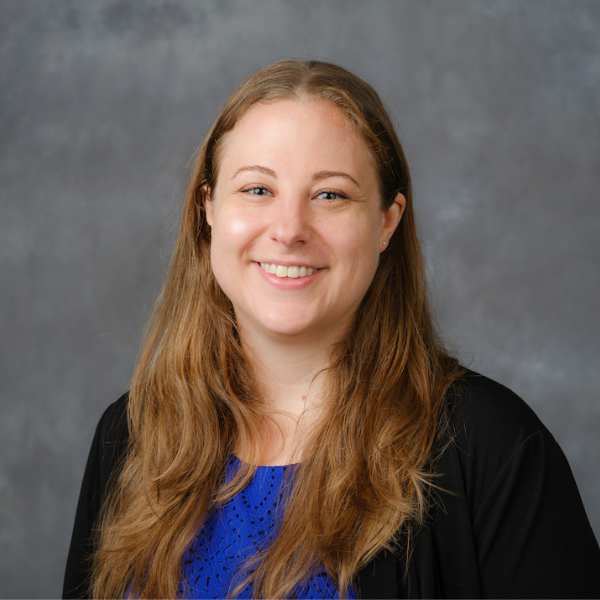Take 5 with Tina Bice
Tina Bice (’13)
Project Manager, WFU Human Resources
1. How do you define success for yourself? What has helped you to be successful?

Success, to me, is recognizing the things you can affect and using that knowledge and your skills to make the world a little better and a little kinder. It’s helping others feel seen. And it’s continuing to grow and adapt with curiosity and compassion.
2. Think of a time that you faced a challenge, obstacle, or roadblock. How did you get through that and what did you learn?
When you run into a challenge, acknowledge it. It’s difficult to overcome an obstacle when you don’t put a name to it. Assess what you can do, what you can’t do, and how you feel about it. Then, ask someone you trust for help. I’ve learned that people usually want to help you think through problems and brainstorm solutions. Often, they’ve encountered a similar obstacle, and, other times, it’s just helpful to hold that burden with someone you trust for a while. You’ll often come away feeling a little more refreshed and reenergized.
3. Who are your people (either by name or role) who help you to be successful/confident/intentional/reflective/any other descriptor you want to use? And how have they helped you?
I feel fortunate to have found ‘my people’ all over campus. I’m thankful for the formal and informal mentors who have taught me so much and so generously shared their support and encouragement. This was particularly true throughout the first year of the COVID-19 pandemic. My mentors — skilled and experienced professionals — readily admitted that things were hard. They shared many of their challenges and their approach to finding a way forward in the face of those challenges. They assured me that we would figure out what we could together, one step at a time, and helped me recognize and enhance the value I brought to our university response.
I’ve also found ‘my people’ in friends who are in similar places in their career journey, who help me reflect, celebrate, and, often, see things from a different perspective.
4. How did you find your people?
I think you find your people by being open, authentic, and by engaging in activities that you care about. Sometimes, your people aren’t who you’d expect. Stay open to the people around you and all of the unique, wonderful things each of us brings to the table. Be authentic. Your people will want to know you — who you really are.
5. What advice would you give to Wake Forest students as they look for their people?
Find ways to get involved in things that speak to you. Go to that art exhibit, that speaking event, that picnic. Your people are waiting to meet you. (And try not to worry if you don’t find all of your people immediately! They’re out there.)
